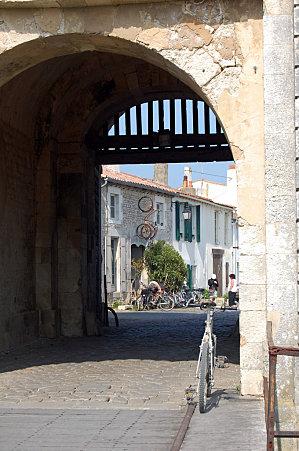Un de mes anciens acteurs m’annonce qu’il prépare une audition et qu’il souhaite mon conseil. On lui demande
de présenter un monologue et avoue être attiré par Shakespeare. Quel passage vais-je lui proposer ? « Othello » ou « Macbeth » ? (Ce dont je me frotte les
mains)
En tenant compte de sa personnalité et de son expérience de la scène, je crois que cela lui convient le mieux. Je donne, pour le plaisir du lecteur qui comprend l’anglais, les deux extraits l’un après l’autre.
Macbeth :
She should have died hereafter;
There would have been a time for such a word.
To-morrow, and to-morrow, and to-morrow,
Creeps in this petty pace from day to day
To the last syllable of recorded time,
And all our yesterdays have lighted fools
The way to dusty death. Out, out, brief candle!
Life's but a walking shadow, a poor player
That struts and frets his hour upon the stage
And then is heard no more: it is a tale
Told by an idiot, full of sound and fury,
Signifying nothing."
Othello :
It is the cause, it is the cause, my soul,--
Let me not name it to you, you chaste stars!--
It is the cause. Yet I'll not shed her blood;
Nor scar that whiter skin of hers than snow,
And smooth as monumental alabaster.
Yet she must die, else she'll betray more men.
Put out the light, and then put out the light:
If I quench thee, thou flaming minister,
I can again thy former light restore,
Should I repent me: but once put out thy light,
Thou cunning'st pattern of excelling nature,
I know not where is that Promethean heat
That can thy light relume. When I have pluck'd the rose,
I cannot give it vital growth again.
It must needs wither: I'll smell it on the tree.
(Kissing her)
Ah balmy breath, that dost almost persuade
Justice to break her sword! One more, one more.
Be thus when thou art dead, and I will kill thee,
And love thee after. One more, and this the last:
So sweet was ne'er so fatal. I must weep,
But they are cruel tears: this sorrow's heavenly;
It strikes where it doth love. She wakes. "


